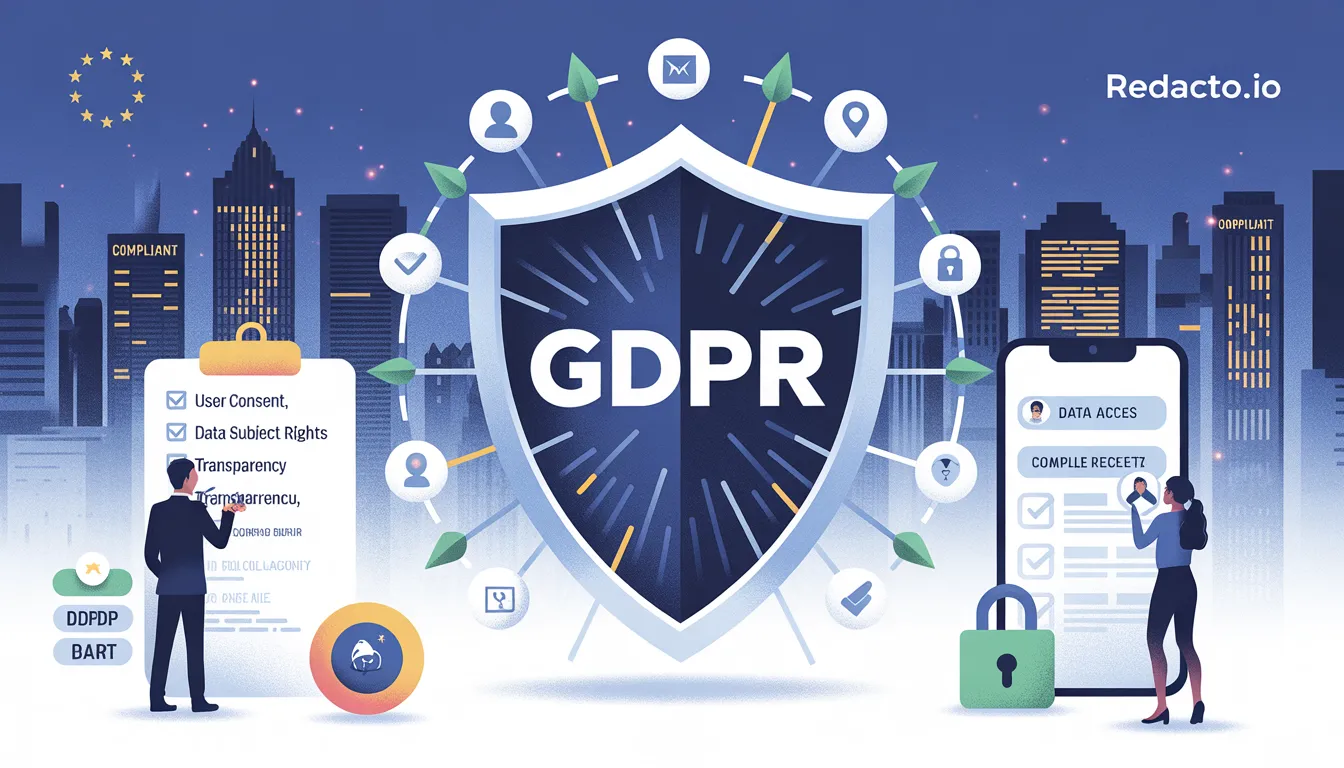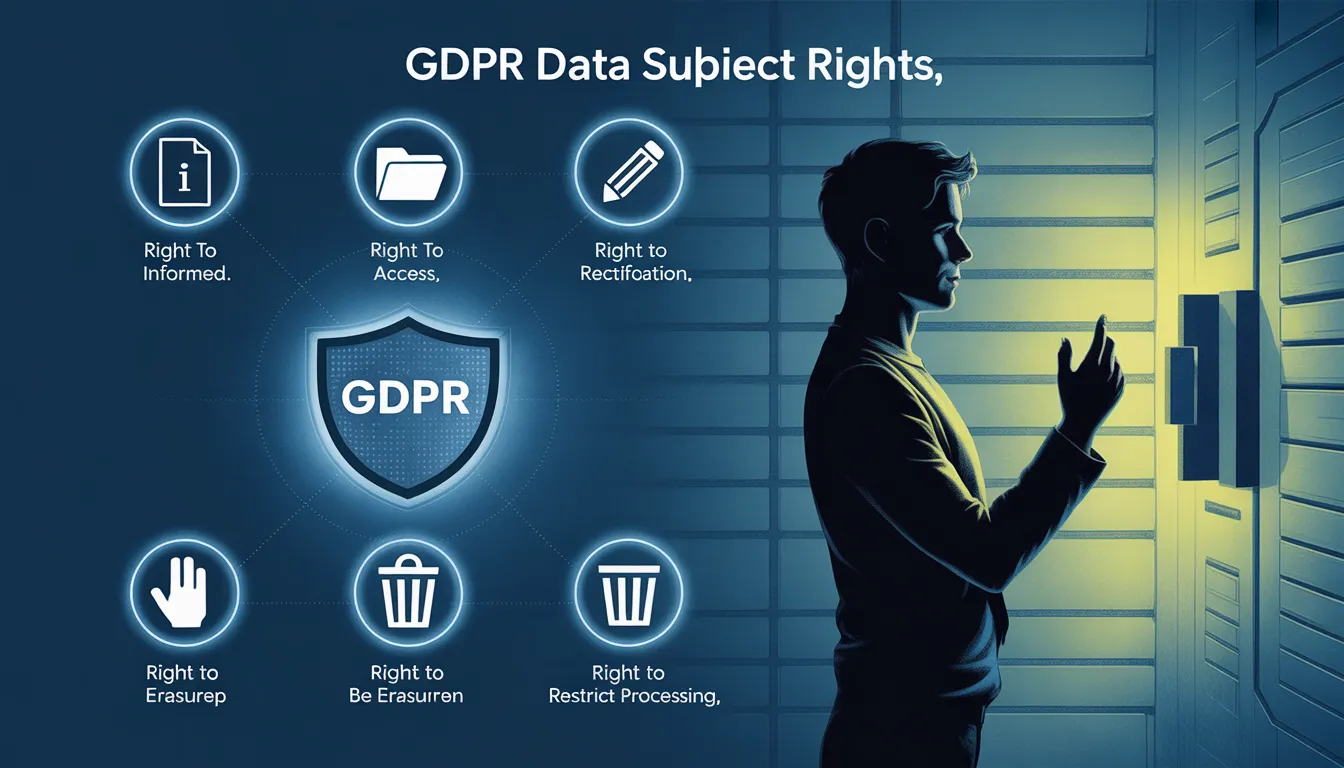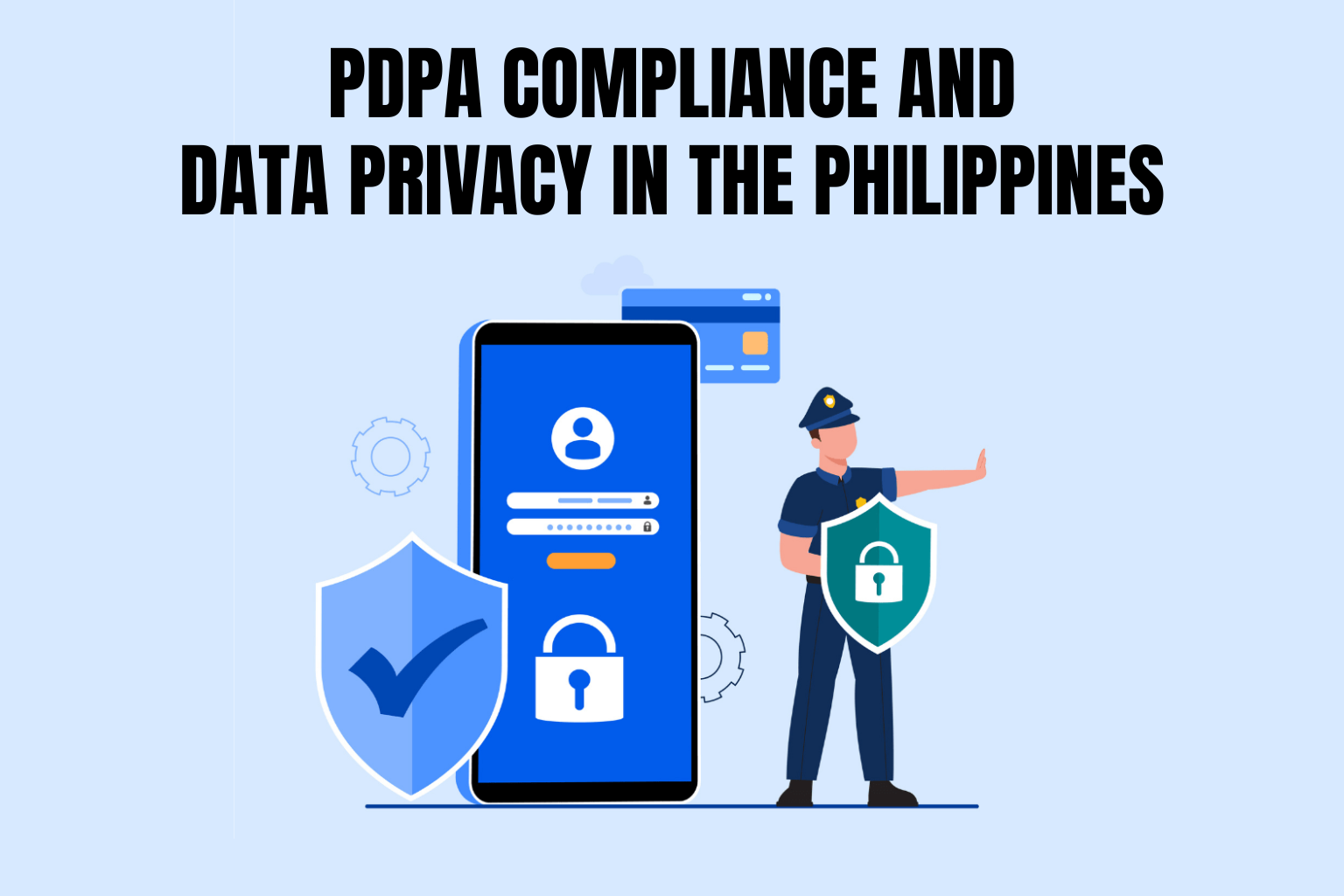
What is GDPR Compliance? A Simple Guide to Data Protection Rules
Navigating data privacy laws may be a daunting experience for businesses today. Most people have heard of GDPR and are not quite sure what it means to them, and why it is so crucial to comply with.
GDPR, or the so-called General Data Protection Regulation, is a powerful guide to safeguarding personal information in the European Union. It is a global issue that impacts businesses across the world that process the data of EU citizens.
The only conditions on how to avoid penalties and gain trust are to comprehend all the existing GDPR meaning and its requirements. These regulations keep the data of the customers secure and do not allow organizations to abuse this data.
With the use of tools such as Redacto it is less complicated to be in accordance with laws such as GDPR, the DPDP Act in India, etc. This is what this regulation is all about, so let us jump into it.
What is GDPR? Breaking Down the Basics
GDPR is an abbreviation that means General Data Protection Regulation, a potent regulation introduced to the masses in 2018 by the European Union. It prioritizes GDPR data protection, i.e., that personal data, including names, emails, or addresses, will be safe and accessible. The law applies to any company that deals with the data of EU citizens, regardless of the location.
What GDPR is all about is giving people control over their data. It subjects companies to strict regulations that would stop misuse or violation. Simply put, what GDPR means turns into a system that values privacy above all privacy, and, therefore, companies have a responsibility to ensure that every bit of personal data they have is taken care of.
Transparency is a must under GDPR. Data use should be well-explained by the organization, with serious fines in case of violation. The law has been influencing worldwide privacy expectations, encouraging companies to reevaluate the way they handle sensitive information daily.
Key GDPR Requirements You Need to Know
Meeting GDPR compliance means following specific rules to protect data. Here are the main GDPR requirements every business should understand to stay on the right side of this law.
- Lawful Basis for Processing: Under GDPR rules, data collection must have a legal reason, like user agreement or business necessity, ensuring personal info isn’t gathered without valid justification.
- Transparency and Accountability: GDPR demands clear communication about data use. Companies must document processes and prove they’re responsible for protecting information against leaks or misuse.
- User Consent: Achieving GDPR consent means getting explicit permission before using data for things like marketing. Users must opt in willingly, with easy ways to withdraw their agreement.
- Data Subject Rights: GDPR compliant firms must honor rights like accessing, correcting, or deleting personal data. This empowers individuals to control what companies hold about them.
- Data Security Measures: Per GDPR data protection, businesses must safeguard info with encryption or other tools. This prevents breaches and ensures sensitive details stay secure from unauthorized access.
What are GDPR Data Subject Rights?
GDPR data protection gives individuals control over their personal info through specific rights. Here are the key GDPR data subject rights that businesses must respect under this regulation.

- Right to Be Informed: Individuals must know how their data is used under GDPR regulations. Companies should provide clear details about collection and purpose in plain language.
- Right to Access: People can request copies of their data held by a business. GDPR compliant firms must provide this info promptly to confirm what’s stored.
- Right to Rectification: Under GDPR rules, users can ask for incorrect data to be fixed. This ensures personal details remain accurate and up-to-date with company records.
- Right to Erasure: Known as right to be forgotten, GDPR requirements allow individuals to demand data deletion. Businesses must erase info if it’s no longer needed.
- Right to Restrict Processing: People can limit how their data is used per GDPR regulation. This applies if data accuracy or usage legality is under dispute.
- Right to Data Portability: GDPR consent includes transferring data to another service. Users can request their info in a usable format to switch providers easily.
- Right to Object: Individuals can stop data use for marketing under GDPR meaning. Businesses must respect objections unless a stronger legal basis exists.
Why GDPR Compliance is a Must for Businesses
Violation of the requirement of being GDPR compliant, which can result in fines as high as 20 million euros or 4 percent of annual turnover, could paralyze any company. In addition to the financial cost, non-observance of the requirements of GDPR harms the reputation of the company with customers because people want their information to be secure. Such laws as GDPR, the DPDP Act in India, and the CCPA in California indicate that privacy regulations are becoming strict worldwide, with compliance not being a mandatory measure.
Being GDPR-compliant creates a reputation of reliability, which appeals to privacy-sensitive customers. Redacto.io makes businesses comply with GDPR and legislation like DPDP without complication, offering products like vendor risk management to demonstrate transparency. Redacto.io minimises stress, preventing lawsuits and making sure customers stay informed.
Conclusion
The meaning of GDPR is critical to the security of data all over the world. Regulations such as GDPR, DPDP, and CCPA are becoming tighter, and the phrase GDPR compliance can no longer be ignored by companies that do not want to be fined.
Redacto provides you with relevant tools such as Vendor Risk Management and Consent Management, so you can effortlessly adhere to GDPR. It is time to gain control over data practices by using the AI-based tools offered by Redacto. Want to ensure the GDPR safety of data? Discover Redacto.io and create a secure base to demonstrate to customers that you appreciate their trust.




%20Redacto%20logo_New.png)
.jpg)






